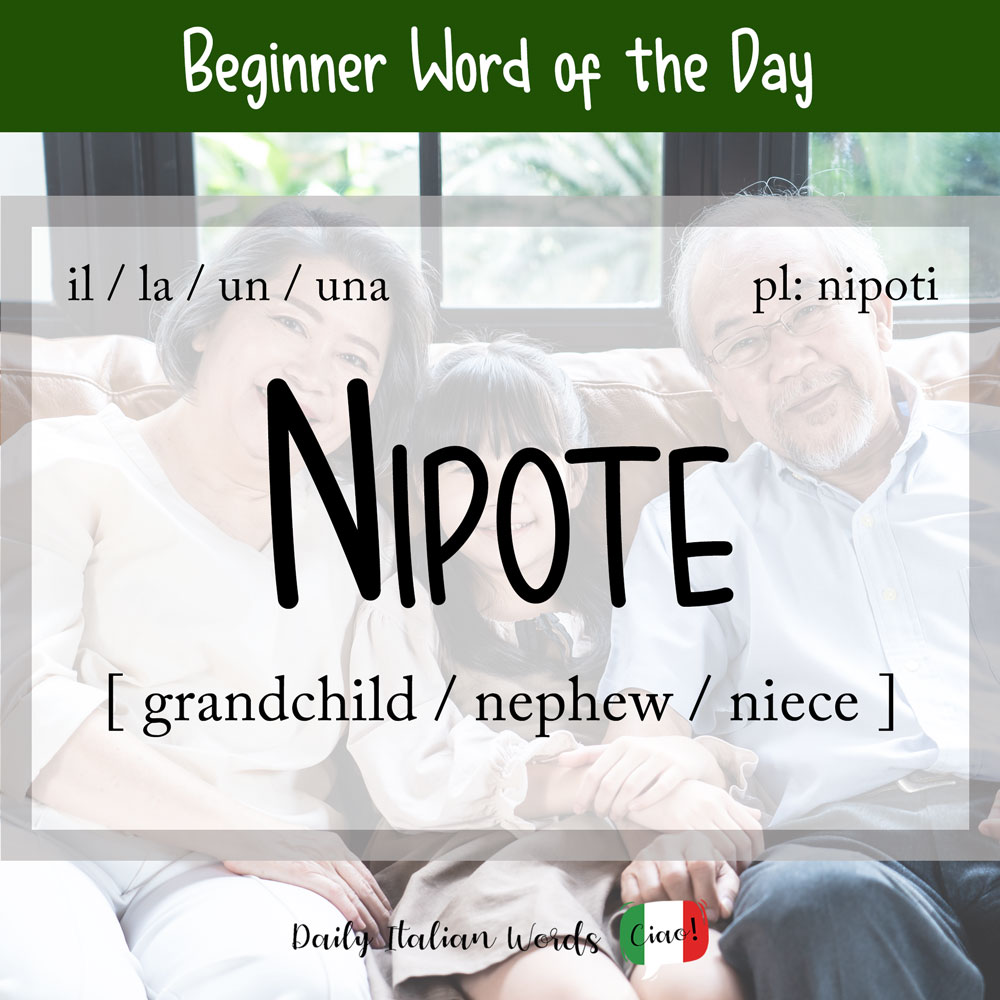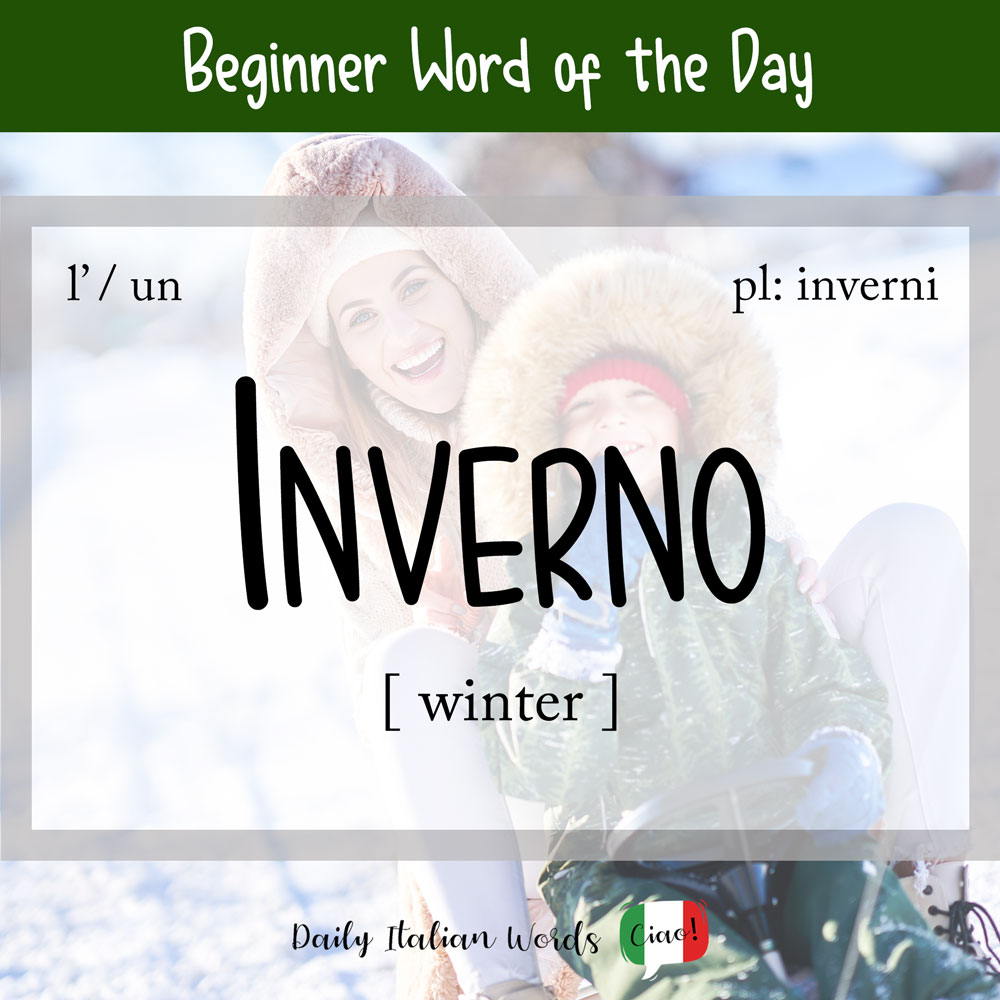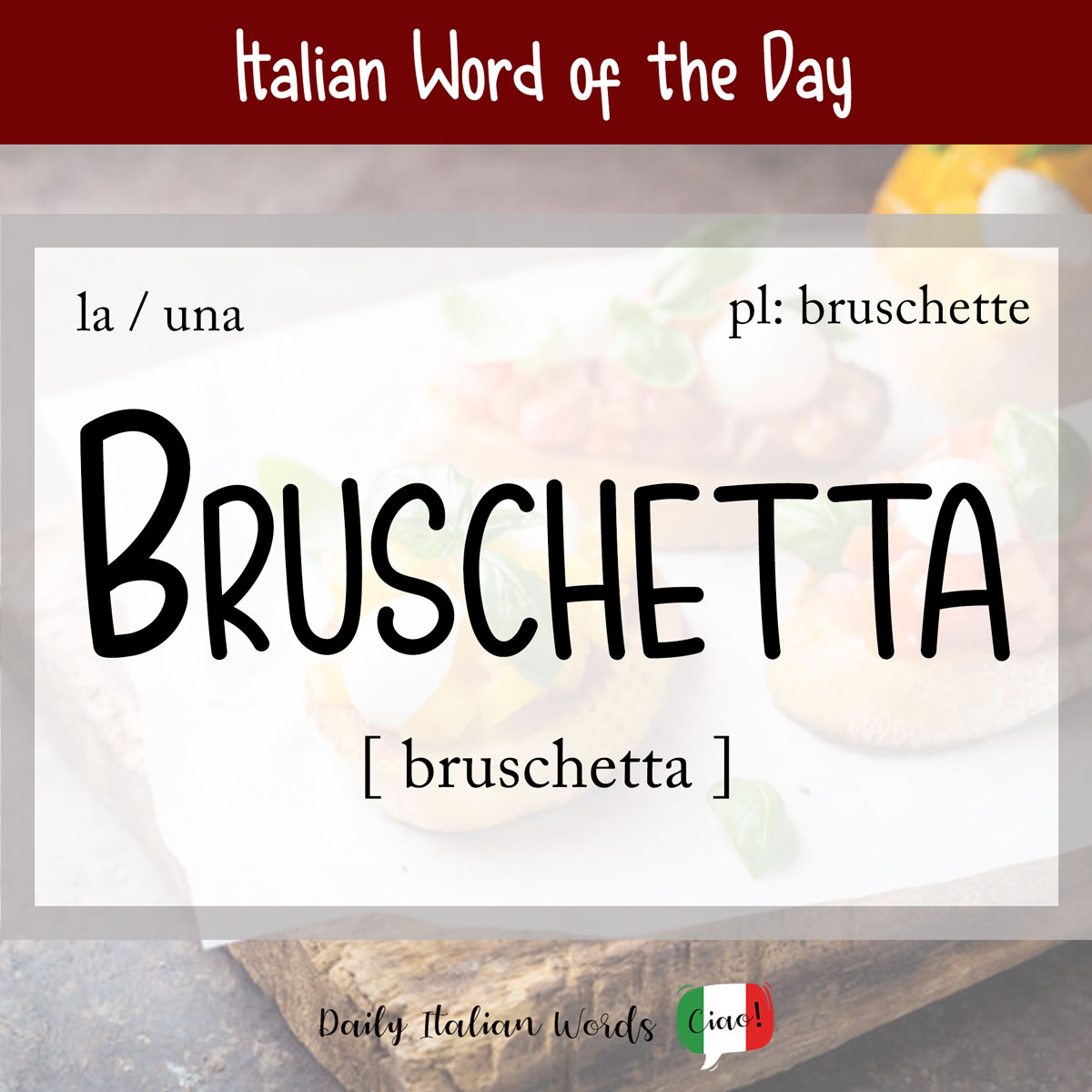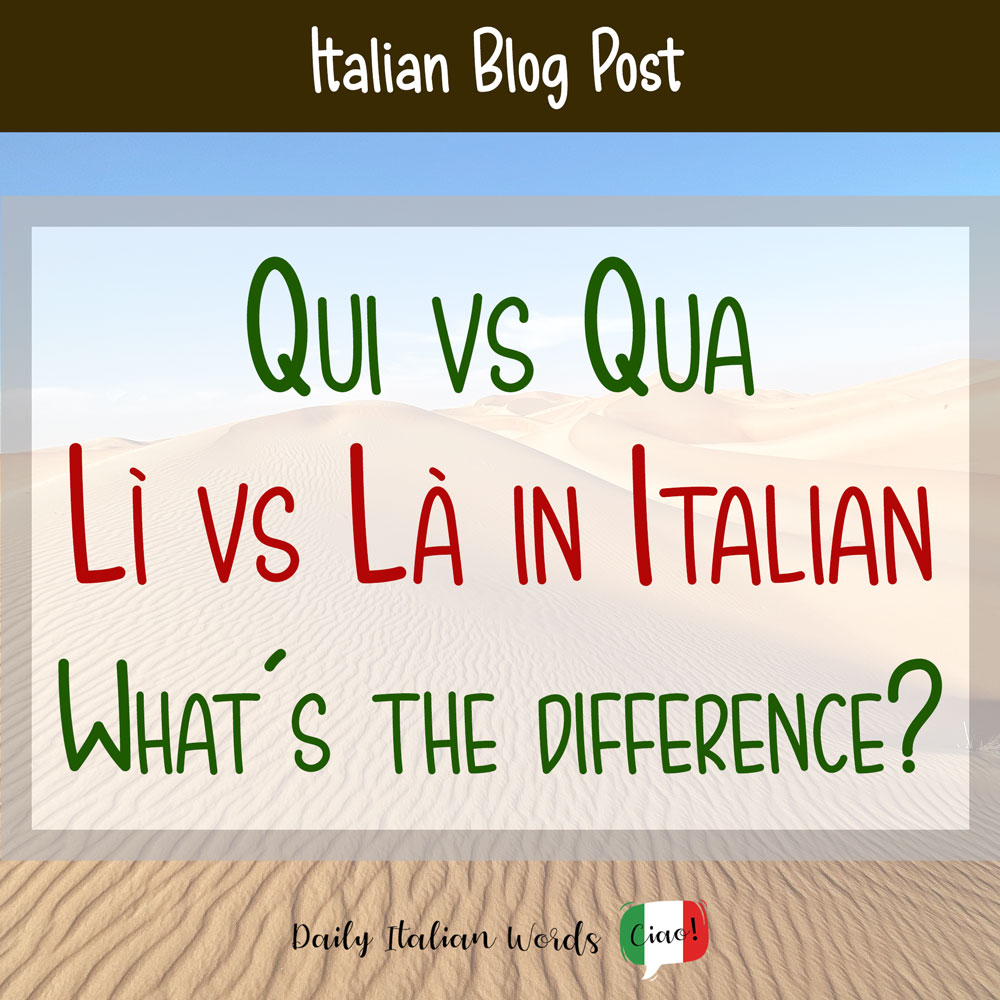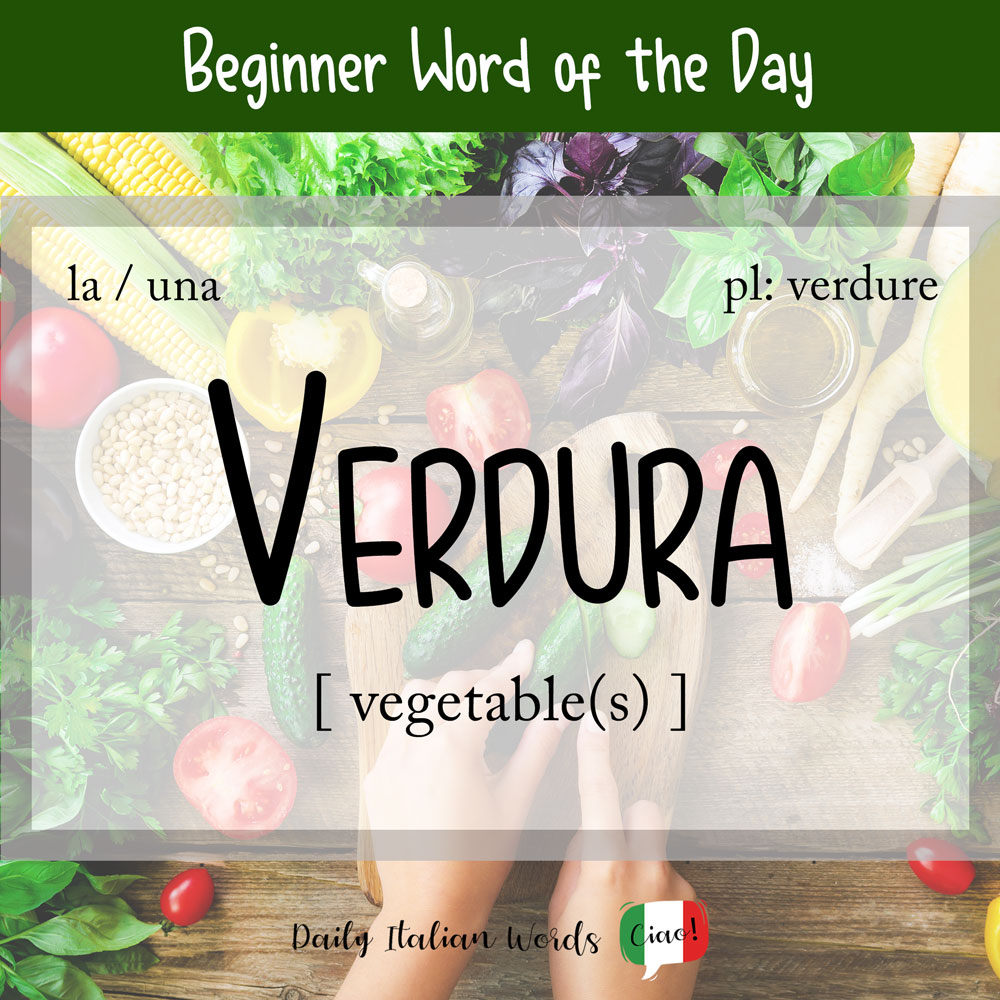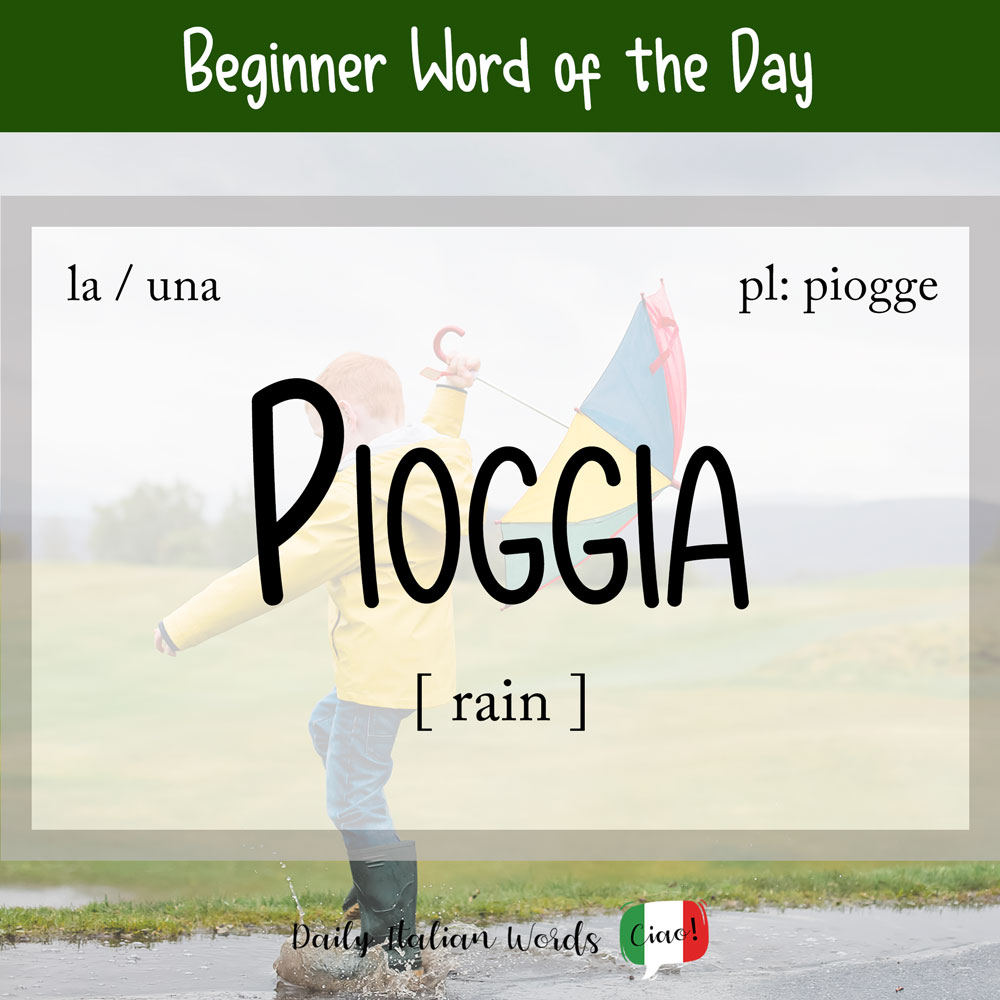Italian Word of the Day: Nipote (grandchild / nephew / niece)
Whereas in English, we have separate words for grandson, granddaughter, grandchild, nephew and niece, in Italian, there is just one word that covers them all: nipote (plural: nipoti). In order to figure out which relative is being referred to, it helps to pay attention to the gender of the article or possessive adjective that precedes …

